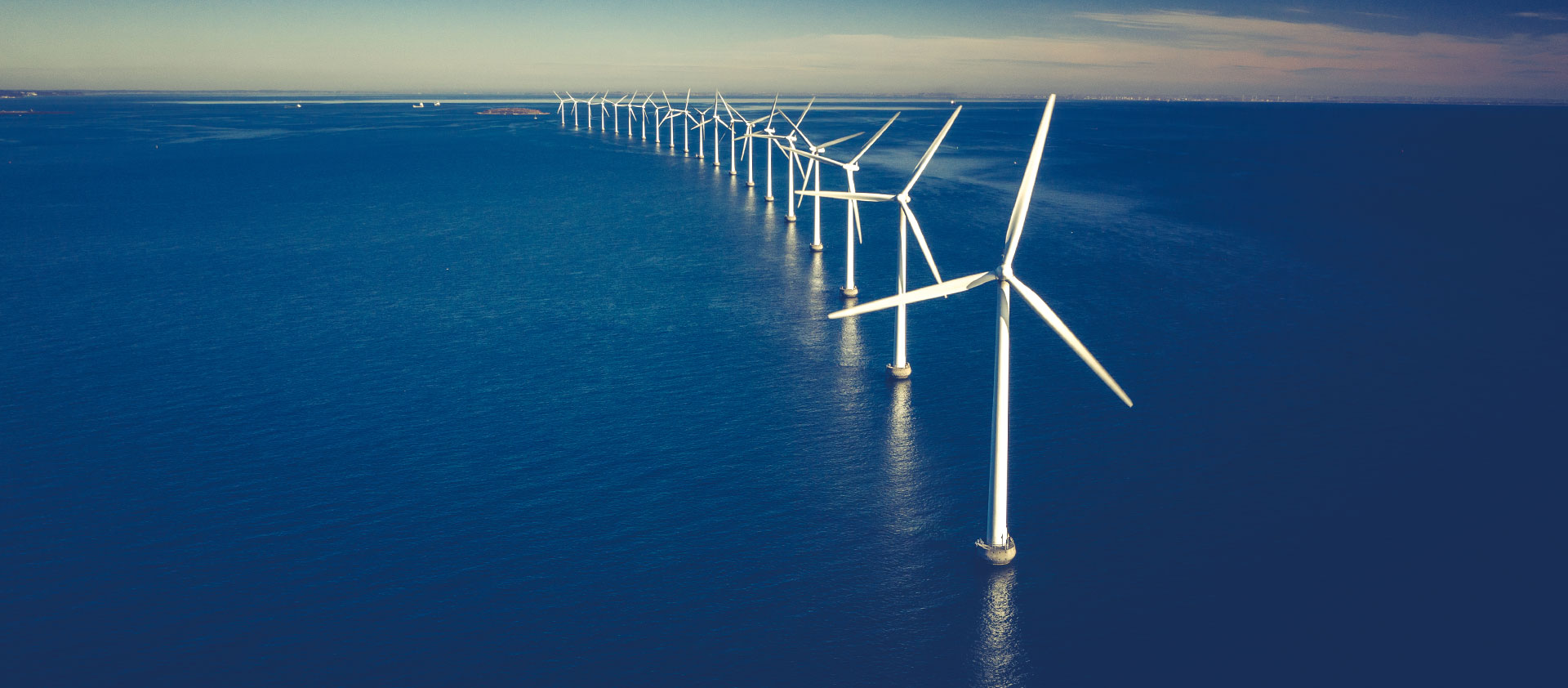AER AGL Aluminium Batteries Battery Budget BYD CATL CBAM China Coal Critical minerals Decarbonisation Diesel DMO Election Electric Vehicle Electricity/electrification electrostate Energy crisis Federal Election Finance Sector & Emissions Gas Green Iron/Steel Hydrogen India & Adani Methane Nuclear offshore wind Oil OP EDS Peter Dutton Podcasts Renewables Solar Tariff Taxes and subsidies US IRA/EU NZIA et al Wind
INTERVIEW | Clip from Tim’s 2SM radio interview
2SM Sydney Radio
INTERVIEW | Tim on Sky News Breakfast for Australia’s 2035 Climate Target
Sky News
INTERVIEW | Tim Buckley on Australia’s Climate Targets – ABC Close of Business
ABC News
INTERVIEW | Tim on Sky News for 2035 climate target 62% to 70% reduction
Sky News
MEDIA RELEASE | 2035 TARGET: DELIVERABLE, YES; AMBITIOUS & SCIENCE-ALIGNED, NOT SO MUCH – YET
___
INTERVIEW | Australia’s “green iron” export opportunity
AusBiz
INTERVIEW | ABC Newcastle on Australia’s Economic Transition and Climate Targets
ABC
OP ED | Australia needs more stunning successes like its home battery rebate to beat its climate targets
Renew Economy
Fact check: Do solar farms really devalue properties and pose contamination risks?
Region Riverina
Energy efficiency key to climate target
The Energy
OP ED | Apocalyptic climate risk report demands 75 pct emissions cut and urgent decarbonisation
Renew Economy
OP ED | Devastating climate risk report shows need to slash emissions 75%, deploy green capital fast
Pearls & Irritations
